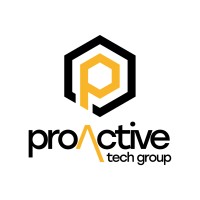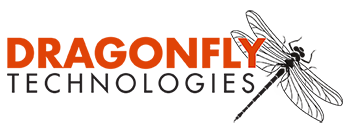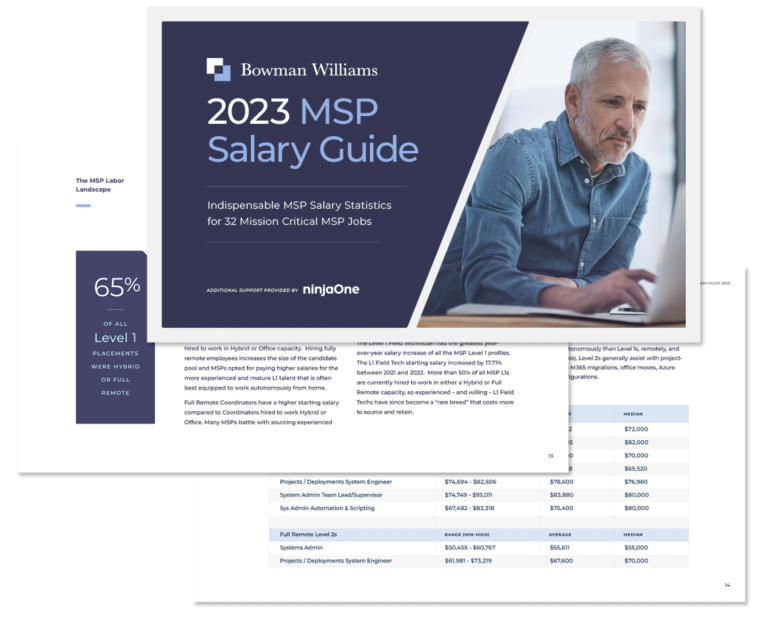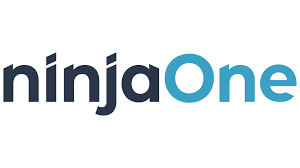All our candidates come from MSPs with proven success supporting SMB technology in a fast-paced SLA-driven environment using an RMM and PSA.
Hiring MSP talent with tangible industry experience ensures your hires are reaching utilization faster and stay employed with you longer.
MSPs are customer service companies first, technology companies second. That’s why we conduct video interviews and have a multitouch interview.
Here’s a quick snapshot of how it works. But if you’re a growing MSP, click here to learn more about how our MSP-specific recruitment model can empower your MSP to hire confidently.




We’re honored to be a trusted staffing partner for over 900 MSPs and a respected Thought Leader collaborating with the MSP community
We keep a unique pulse on the industry. Read about MSP Hiring Trends and Hiring Tips to keep abreast of the MSP job market and empower your MSP to scale with confidence



Copyright © 2012 - 2024 Bowman Williams. All Rights Reserved.